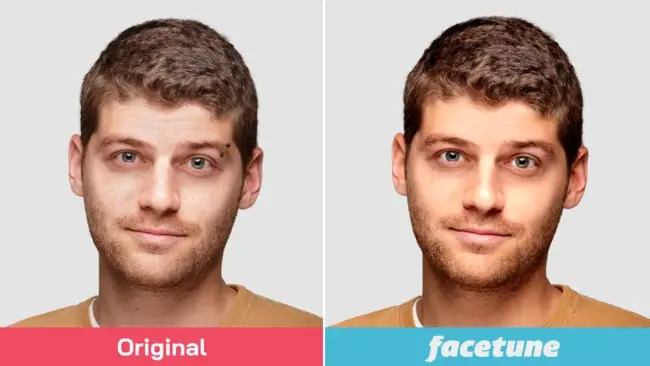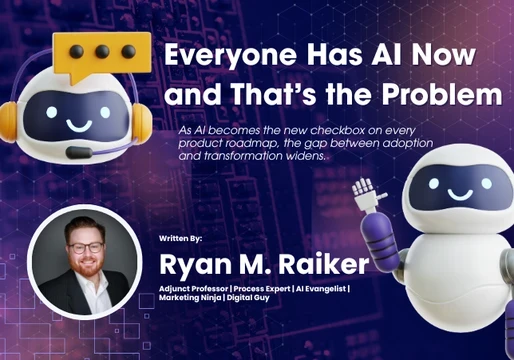In an era dominated by social media, where self-expression and visual presentation hold immense value, face-altering filters have become a ubiquitous feature. These filters offer users the ability to modify their facial appearance, from subtle touch-ups to dramatic transformations.

However, as the popularity and capabilities of these filters continue to expand, the question arises: should social media face-altering filters be regulated?
The issue of photo manipulation on social media has long been a concern for many, but with the technology now increasingly extending to videos, should authorities intervene?

The Appeal and Concerns of Face-Altering Filters:
Face-altering filters have gained immense popularity due to their ability to enhance one's appearance, boost self-confidence, and create visually appealing content. Users can experiment with different looks, explore their creativity, and project an idealised version of themselves. From smoothing out imperfections to applying virtual makeup or even changing facial features, these filters provide a powerful tool for self-presentation and digital storytelling.
However, concerns have also emerged regarding the impact of face-altering filters on mental health, body image, and self-esteem. Some argue that these filters contribute to unrealistic beauty standards and perpetuate a culture of comparison and insecurity. The pressure to present an idealised version of oneself can lead to negative self-perception, body dissatisfaction, and even psychological distress. Moreover, there is growing evidence linking the excessive use of filters to issues such as self-objectification and body dysmorphia.
Arguments for Regulation:
- Protecting Vulnerable Users: Regulations could aim to protect vulnerable individuals, especially young users who are more susceptible to the negative effects of distorted self-image and body dissatisfaction. Implementing age restrictions or parental consent requirements could help safeguard young minds from potential harm.
- Promoting Authenticity: Advocates for regulation argue that excessive use of face-altering filters hampers authenticity on social media platforms. By promoting more genuine and unfiltered content, users may foster healthier online interactions and promote acceptance of diverse appearances.
- Transparency and Informed Consent: Regulations could require platforms to disclose the use of face-altering filters, ensuring users are aware when images or videos have been digitally manipulated. This transparency would foster a more informed digital environment and allow users to critically engage with content.
Arguments against Regulation:
- Individual Freedom and Creativity: Opponents argue that regulating face-altering filters infringes upon individual freedom of expression and creativity. Users should have the autonomy to experiment with their appearance and exercise their artistic expression without unnecessary restrictions.
- Technological Challenges: Regulating face-altering filters poses significant technological challenges. Developing effective and accurate mechanisms to distinguish between harmless filters and potentially harmful ones would require substantial resources and ongoing adaptation as technology evolves.
- User Responsibility and Education: Critics believe that responsibility lies with users to navigate the digital landscape consciously. Promoting digital literacy, critical thinking, and self-awareness can empower users to make informed choices and maintain a healthy relationship with social media.
So what does the future hold?
The debate surrounding the regulation of social media face-altering filters presents complex considerations. While these filters provide users with a means of self-expression and creativity, their potential impact on mental health and body image cannot be ignored.
Striking a balance between individual freedom, technological feasibility, and the well-being of users remains a formidable challenge. As society continues to grapple with these issues, it is essential to foster dialogue, promote digital literacy, and encourage responsible usage of face-altering filters to ensure a more positive and inclusive social media environment.







Comments ( 0 )